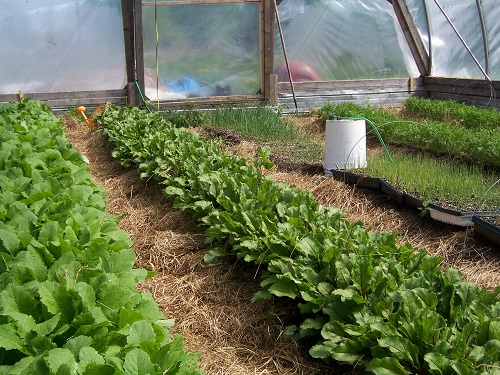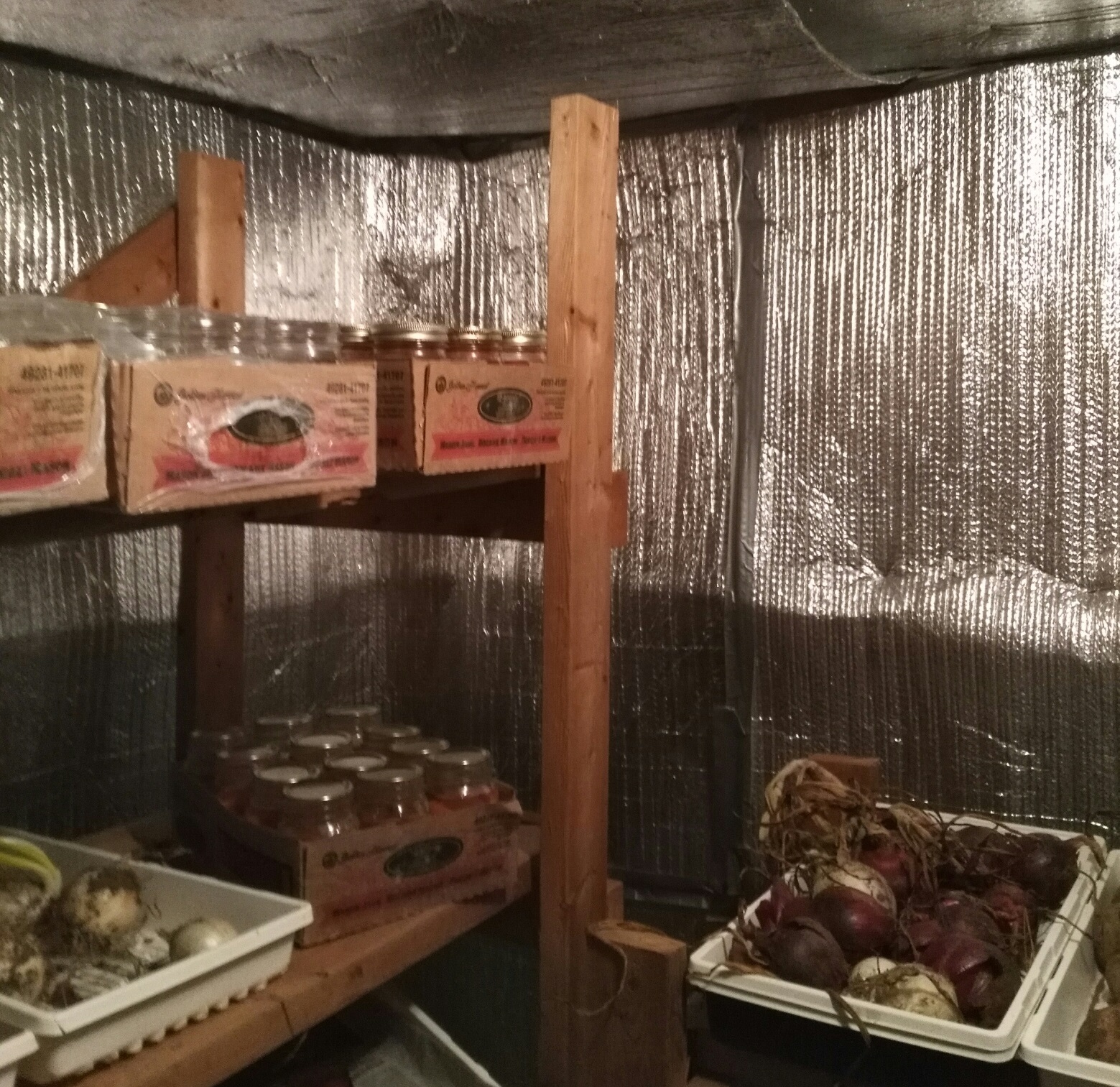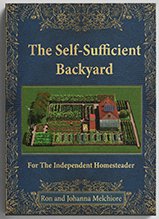The Survival Garden - Growing Food Like You Had ToThe premise behind growing a survival garden is that Business As Usual ( BAU ) will not continue as usual much longer, and that things like jobs, money, and government services will be in increasingly short supply over the coming years. This series of articles will talk about how to deal, from the perspective of ( what should be ) our top priority - ensuring we have enough food.
Some are advocating the destruction of what remains of our natural world, some are pursuing policies to decimate the economy, and some are busy creating a police state by default; a few are attempting all three. And it seems the ones that aren't, are ineffectual.
The reality of long-term survival: it takes a communityHere's another key point: We also need to understand that, as
handsome, smart, and talented as the readers of this article obviously
are (and I'm not much better myself ;-) no one can do everything
necessary for survival. We will of necessity be inter-dependent with our
friends and neighbours for long-term survival.
 Our hoophouse is a key part of our survival plan Our hoophouse is a key part of our survival planWhy a Survival Garden? Why Not Store Food?You might be thinking "But why plan to grow a survival garden at all? Can't we just big up food to get through a crisis"? Storing food is an excellent idea, and everyone should start a stockpile of non-perishables immediately. Check out my favorite source below. 
Begin by acquiring a 3-week supply, then grow to 3 months, and possibly find space to store a full 12-months of basic supplies.  We have a well-stocked pantry and a cold room to eat from 12 months a year We have a well-stocked pantry and a cold room to eat from 12 months a yearBUT, we're not talking about a transitory crisis here, but rather a
major disruption to BAU. Every stored supply, no matter how large, will
possibly run out. Long-term survival means creating a sustainable food supply, and that means growing your own food.
You can see that some of these will ray a little bit from gardening,
but all will be relevant to the idea of providing for our own and our
family's long-term survival.
You can see the full story of growing a Bootstrap Survival Garden here. A fellow grower lost out on $ 5,000 in her first season because of one simple mistake. Get yours FREE Market Garden Starter Guide and avoid this costly error. If (like me) you would rather build it than buy it, this is for you...
As you can see on this page, I write farm and garden how-to books and training courses. I like to fill my books with practical, hands-on instruction and guidance that I have tested in the 'real world'. Here's a resource I ran across recently filled with literally HUNDREDS of great tips and low-cost projects to save money and make money on your homestead (no matter how big or small). The Self-Sufficient Backyard covers areas I haven't written about (and couldn't - the authors know a LOT more about these topics than I do). And they actually LIVE the book every day. More than 2,000 people have bought my books and courses . I've been asked for a refund exactly twice. So I think I know what goes into a book that people find useful and valuable. The Self-Sufficient Backyard is one of those. Get it here.
|
See something you like? Share!
Recent Articles
-
Farm grown reviews of products recommended by New Terra Farm
Dec 04, 25 06:26 AM
Find great farm and garden products in my farm grown reviews -
Best Chicken Coop and Accessories for Small Farms and Homesteads
Nov 30, 25 09:18 AM
Looking for the best chicken coop? Here are the top coops, accessories, nest boxes, and gear to build a safe, productive poultry setup. -
Community Supported Agriculture Marketing Ideas To Sell Out The Season
Nov 05, 25 05:18 AM
Authentic Community Supported Agriculture marketing ideas to grow loyalty, boost sign-ups, and sell out your CSA every year




